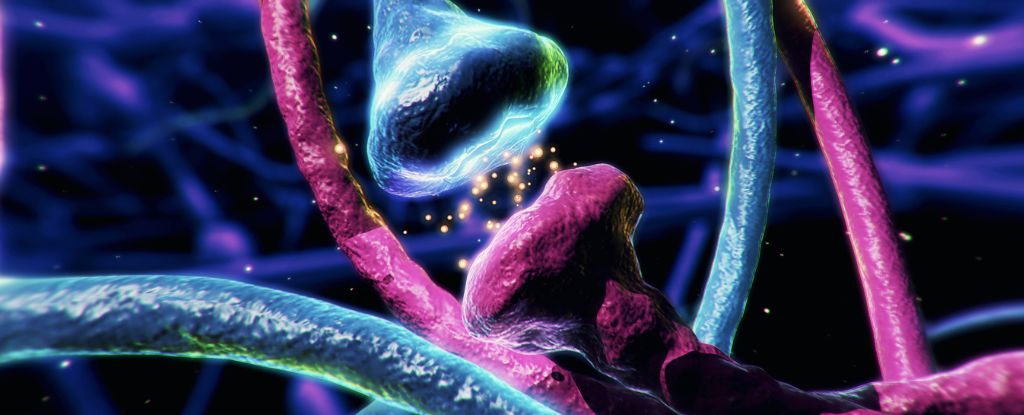
Research into dopamine, a key chemical messenger in the brain, has taken a significant turn as scientists reveal deeper complexities in its functioning. Traditionally, dopamine was understood to operate like a chemical megaphone, dispersing signals throughout the brain. However, recent studies suggest that it can also deliver swift, targeted signals within milliseconds to nearby neurons, indicating a more nuanced role in brain communication.
A team from the University of Colorado and Augusta University conducted experiments using advanced imaging techniques on live mice to observe dopamine release. They discovered that localized dopamine activation triggered quick responses in specific areas of neighboring neurons, contrasting with the broader, slower responses from widespread dopamine release. This dual signaling capability could serve as a fundamental building block of the brain’s dopamine system, enhancing our understanding of its impact on various behaviors and disorders.
The study highlights that dopamine functions differently in the brain compared to the rest of the body. In the bloodstream, it regulates organ functions and immune responses, while in the brain, it mediates behaviors such as movement, mood, sleep, memory, reward, and motivation. The research underscores that dopamine neurons exhibit different firing patterns, though the significance of these variations remains unclear.
According to pharmacologist Christopher Ford, “Our current research found that dopamine signaling and transmission in the brain is much more complex than we thought.” He emphasizes that this complexity offers a preliminary framework for understanding how dopamine regulates diverse behaviors.
The investigation focused on neurons within the striatum, a brain region integral to the basal ganglia, which is heavily involved in motor control and reward processing. The striatum is known to receive dopamine inputs from various brain areas and is critical in conditions such as Parkinson’s disease, schizophrenia, and ADHD. For instance, Parkinson’s disease is characterized by the degeneration of dopamine neurons that connect to the striatum.
Understanding the precise mechanisms of dopamine signaling in the striatum could pave the way for innovative treatments for these neurological conditions. Ford noted, “We are really only at the tip of the iceberg in trying to understand how dysfunctions in dopamine contribute to diseases like Parkinson’s disease, schizophrenia, or addiction.” He advocates for further research to elucidate how changes in dopamine signaling relate to these disorders.
The findings were published in the journal Science, contributing to the ongoing exploration of dopamine’s role in the brain and its implications for mental health and neurological diseases. This research not only challenges long-held assumptions but also opens avenues for potential therapeutic interventions that could significantly improve the quality of life for individuals affected by dopamine-related disorders.






